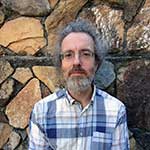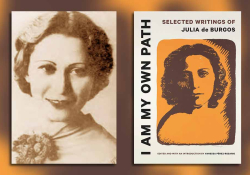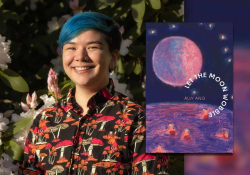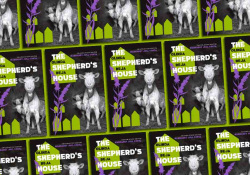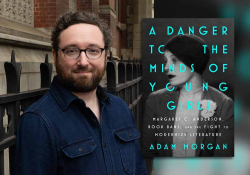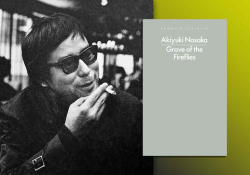Threshing Pain and Passion through Poetry: Gjekë Marinaj’s Teach Me How to Whisper
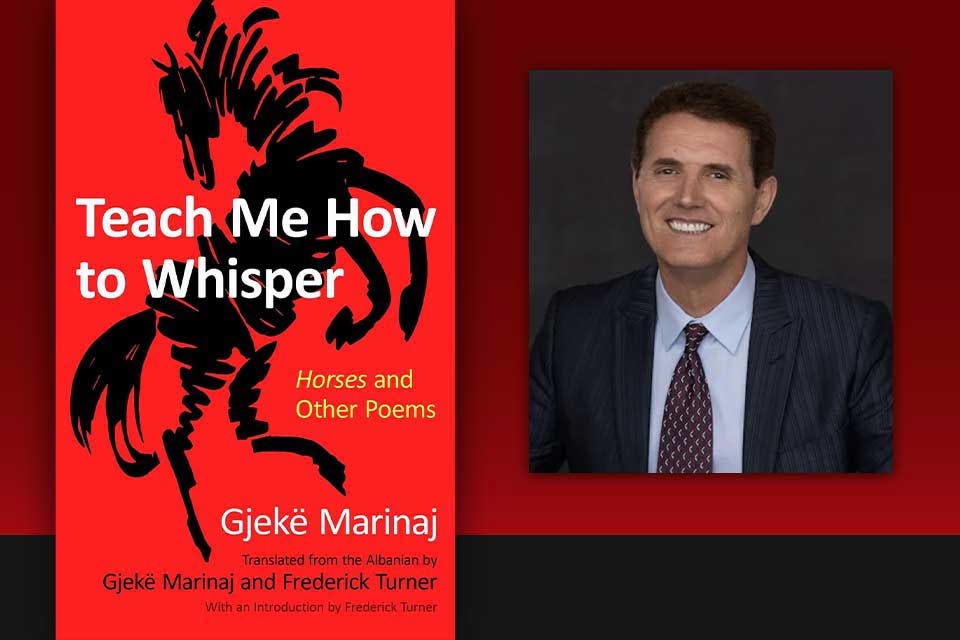 Gjekë Marinaj’s Teach Me How to Whisper: Horses and Other Poems, co-translated by the author and Frederick Turner (Syracuse University Press, 2023), marks the English debut of an Albanian-born American poet who has received major prizes around the world, with dozens of books in numerous languages. Drawn from more than thirty years of writing, the collection underscores Marinaj’s resonance across cultures.
Gjekë Marinaj’s Teach Me How to Whisper: Horses and Other Poems, co-translated by the author and Frederick Turner (Syracuse University Press, 2023), marks the English debut of an Albanian-born American poet who has received major prizes around the world, with dozens of books in numerous languages. Drawn from more than thirty years of writing, the collection underscores Marinaj’s resonance across cultures.
The poems’ radical newness stems from reengaging with tradition. Consider how form amplifies this lyric’s intricate eros:
The evening veils its eyes tonight
And breathes our bodies into it.
We are two scribbles of the light,
Of all arts the most intimate.
Or the coupled harshness and softness in a tribute to the poet’s wife, an ICU nurse confronting Covid-19:
We’ll use each other’s lungs for ventilators,
compassion’s breath will circulate between . . .
Such strategies emanate from a cosmogony where all devotions and disciplines have parity. “I must think not as a poet,” Marinaj ventures, “but as a scientist—there is a world to save.” Yet this poetry holds precious possibilities.
Such strategies emanate from a cosmogony where all devotions and disciplines have parity.
An overture, “Self-Portrait,” invokes Elizabethan and English Renaissance poets, mythology, Albanian landscapes, geophysics, and cellular biology. Echoing Whitman and Neruda, the poet attunes the self to a planetary ethics:
My atmosphere is a thin layer of life and death,
its hemisphere’s core remains one of sweat and blood,
its biosphere guides my neurons to connect,
helping the lithosphere guard my face from shame.
I have nothing to confess to the dark laws of chaos,
I abhor the effects of any prelude to invasion,
the destruction of even one person for the good of another.
Teach Me How to Whisper’s spirit fluctuates between pandimensional immensities and compactness. Some of the poems portray Marinaj’s youth in Albania, where oral balladry and epic verse influenced his formation. “The Lullaby Singers” surreally depicts highland farmers’ folkways:
. . . The sweat, like a comic barmaid,
puts out their cigarettes. Before they join
in the birdsong, they turn their fingers into rakes
to give the earth a final comb.
In “A Book Gift from My Parents,” recalling how Marinaj’s father confiscated a classical Greek anthology that distracted his son from saving hay from rain, the grown poet contemplates lasting loyalties. Honoring both his own case and his family’s, Marinaj earns a place in literary ancestry.
I’d bought the book without his due permission,
that book I riffle now through all their days,
as if I threshed there all their pains and passion,
two miracles, alike, that still amaze.
Teach Me How to Whisper situates mature rootedness within larger civilization. Bearing linear witness to learning, Marinaj also distills its essence, practicing a metaphysical, imagistic cryptography that co-translator Frederick Turner’s introduction compares to crafting icons.
Homer decoded
the abstractions
of the old philosophers . . .
He redefined the oral codes,
spun their great bale of wool onto two spindles
between the letter I and the number 0.
Poems like “Hallelujah” and the immigration-haunted “On the Ferryboat of Acheron” unfold heavenly and hellish iconography, with sages’ “hands a pyramid pointing toward Jupiter” and demons who “project the future / of the civilization above the ground.”
Odes inspired by international connections expand the collection’s insights and empathy. Highlights include the monologue of “The Blue Nile” (“in my belly I raise fish and crocodiles”) and a report from Vietnam’s Ha Long Bay (“A warm magic shell for the earth to incubate its core”). In the closing “Lost Layers of Vyasa’s Skin,” a topically conscious epic that represents the pinnacle of the book’s ethnography, the poet’s muse finds consonance with Hinduism’s flexible cosmos:
I beg Vishnu for his gift of that moiety of the sun’s energy
that he had saved for me to give me light,
And humbly offer my mother’s definition:
space is an open organism of organic origin.
Teach Me How to Whisper’s arrangement is thematic rather than chronological. In its cross-section of orientations, contrasting styles support one another and speak to the reader differently—sometimes straightforwardly, sometimes in “hermetic metaphors” whose logic proves incisive upon careful reading. Each of Marinaj’s intersecting modes is compelling, whether revitalizing well-worn “horses” or riding transcendence amid shifts of modernity. Here, all poetics move the heart and mind.
Oakland, California
